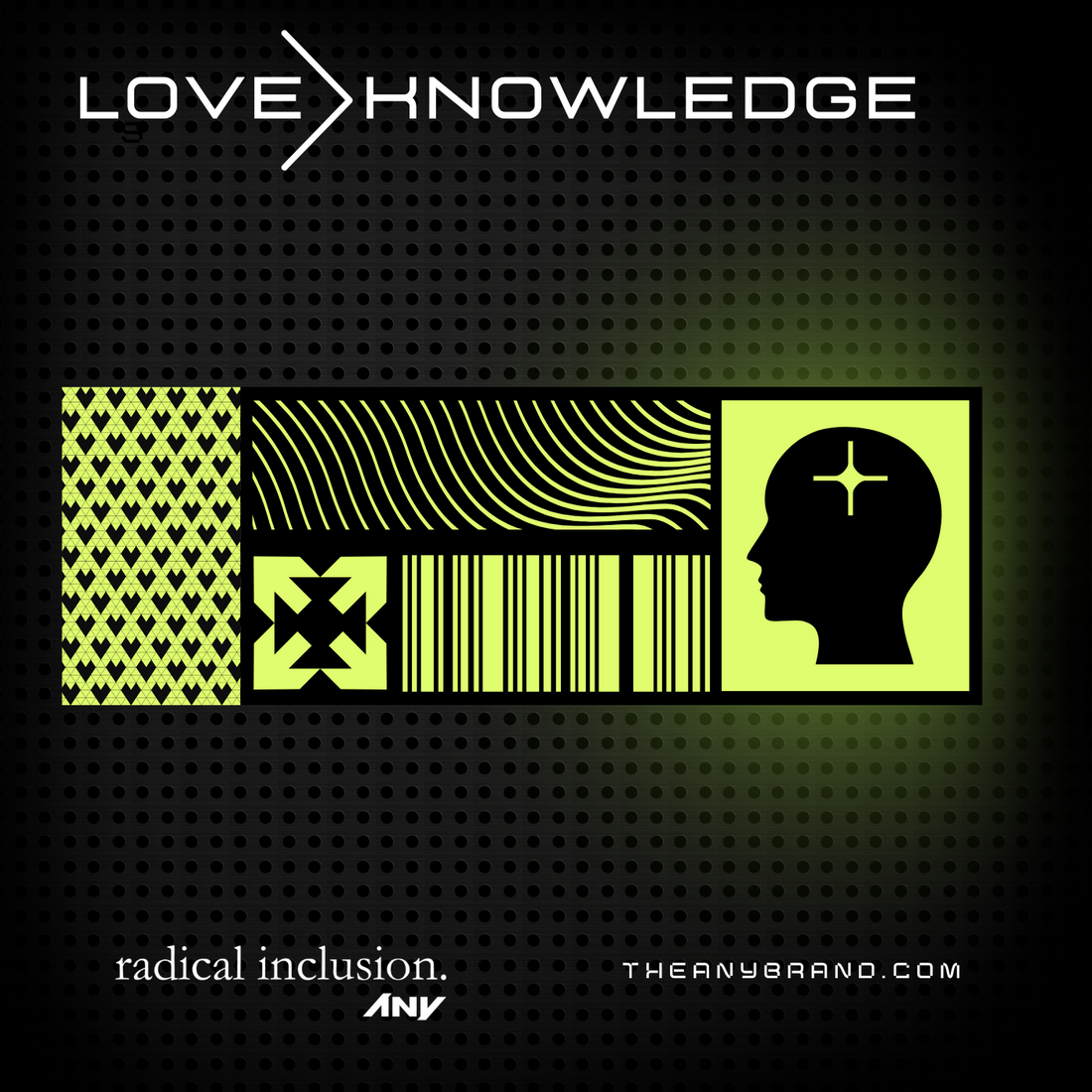
Love > Knowledge
Share
Greater society tells us to first “understand” people before we engage with them—study their culture, dissect their worldview, evaluate their beliefs—almost as if we need a checklist before we can offer genuine connection. But Jesus broke that barrier completely. He didn’t tell us to research people before loving them. He taught us to love before knowledge. Even more radical, He told us to love our enemies.
That command isn’t a polite suggestion—it’s an invitation to confront our own darkness and brokenness. Loving someone we see as “the other” reveals the hidden fears, pride, and self-protection we’ve built up over time within ourselves. In truth, loving our enemy often has less to do with changing them and everything to do with changing us.
And here’s the complicated part: we can’t grow in this kind of love by just thinking about it. We can’t sit safely behind books, podcasts, or news feeds and claim we’ve “learned” about people different from us. Jesus’ call isn’t to safe observation—it’s to relationship.
If we’re uneasy about a certain culture or religion, maybe that’s exactly where we’re supposed to go—not to fix, convert, or sway, but to be present. If a group of people makes us uncomfortable, maybe the Spirit is nudging us toward them—without agenda, without superiority, without fear. Because real love doesn’t come from distance, but presence.
The Already and Not Yet of God’s Kingdom is that love and reconciliation have broken into our world, but not in their fullness. We live in that tension. And the only way to embody it is to step into the lives of those we don’t understand. Especially when it feels messy or inconvenient.
This is where Radical Inclusion™️ becomes more than a concept—it becomes the posture of our lives. It’s saying: I don’t have to agree with you to walk with you. I don’t have to understand everything about you to love you. I don’t need to control the outcome of our relationship. I just need to show up for you, and you for me.
The wisdom of Jesus is that love precedes knowledge. First, we give ourselves. Then, and only then, will we understand His love for others —not just in our heads, but in our whole being. This is wisdom that comes only “on the way,” as we walk beside people who don’t fit neatly into our system of seeing and perceiving.
Fear tells us to hold back. Love tells us to go. And when we go—when we truly engage without the motive to change—we find not just the heart of another person, but a deeper awareness of God’s heart for us.
So let’s not just learn. Let’s go. Let’s meet the people we’re afraid to meet. Let’s cross the lines we were told to keep. Let’s step into the tension and embrace the beauty of the Already and Not Yet.
Because love is the starting point—not the conclusion. And that changes everything.
ANY who call on His name will be set free.
